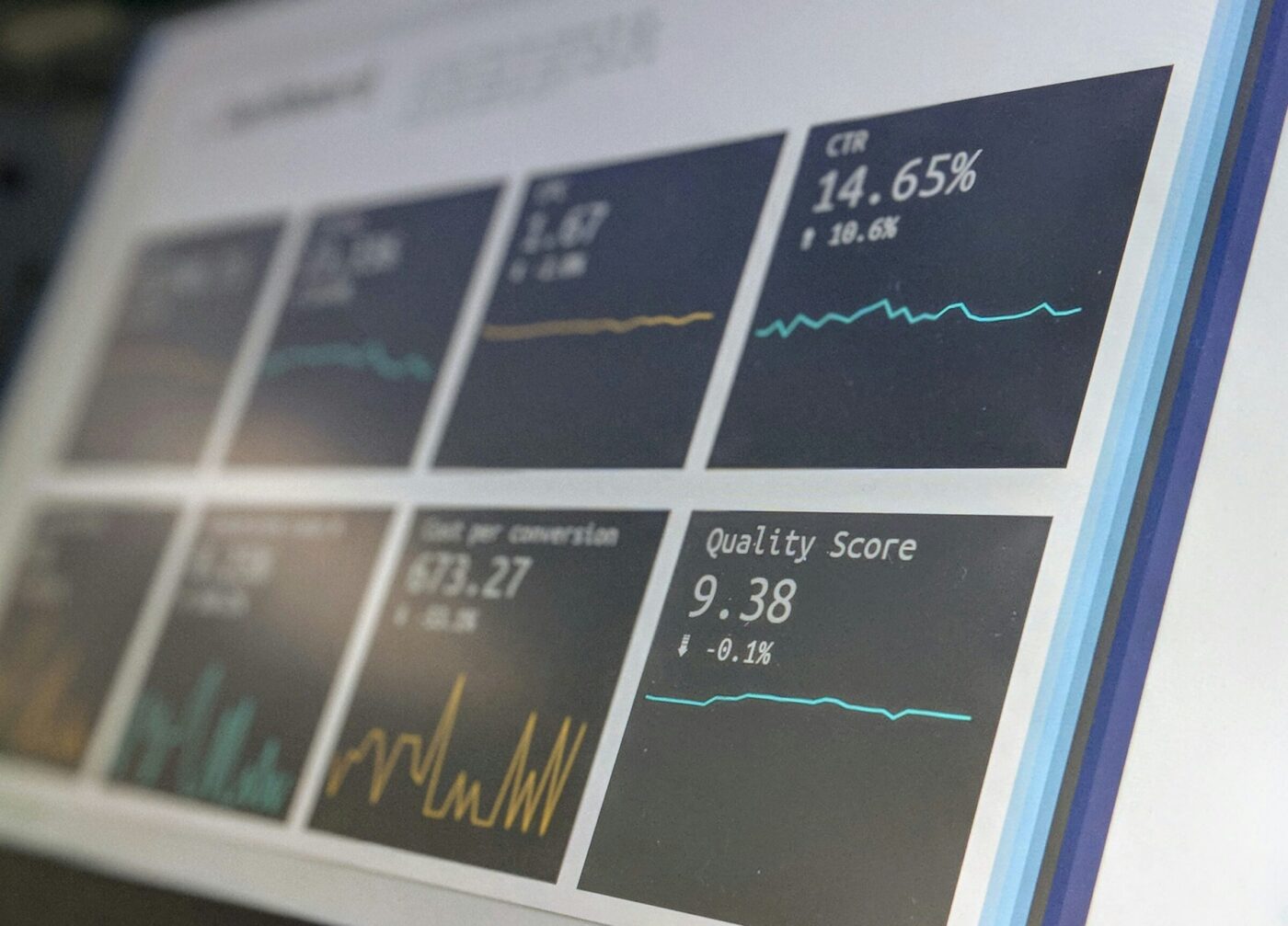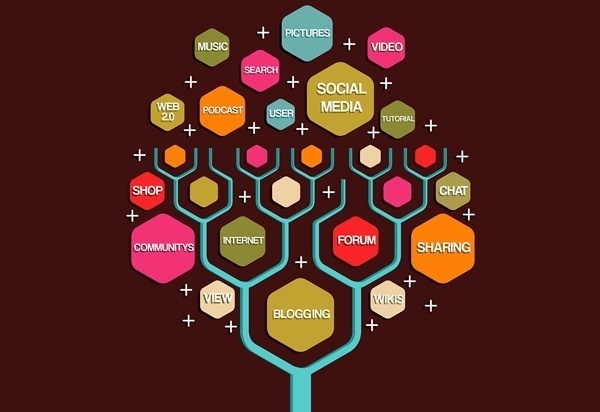AI is changing the way people search, and the impact on website traffic is becoming impossible to ignore. We’re seeing more visitors arrive from AI-driven sources like ChatGPT and Perplexity, often spending more time exploring content than traditional searchers. For businesses, this isn’t just curiosity. It’s an opportunity to engage users early in their research phase and guide them toward conversion. Having an AI search visibility strategy is key and central to that is knowing what is coming from AI platforms and where your brand is showing up.
People are using AI to research products, services, and solutions before making a decision. These visitors are gathering information and exploring options rather than looking to buy immediately. This traffic is largely in the research phase of the marketing funnel, but it behaves differently from traditional search traffic.
For example, a client of ours has reported that traffic from ChatGPT-driven queries spent an average of 4 minutes per session, compared to 2.5 minutes for traditional search traffic. Engagement rates are high, suggesting users are genuinely interacting with content rather than just skimming.
Why Tracking AI Traffic Matters
AI-driven traffic isn’t just a novelty. It’s becoming a meaningful part of user behaviour online. By tracking it, you can:
- Understand what questions your audience is asking in the research phase.
- See which content performs well with AI-sourced visitors.
- Identify opportunities to nurture potential leads who aren’t ready to convert yet.
- See whether AI overviews are hurting your website traffic
Even though these users are in research mode, they spend more time on your site and engage with multiple pages. That means businesses have the chance to guide them down the funnel with relevant content and clear next steps.
Be Cautious with AI Tracking Tools
Many AI tracking tools promise deep insights, but data can be inconsistent and often isn’t reliable. The best approach right now is straightforward: look at the traffic that’s actually arriving from AI channels and measure how those visitors engage with your content. Engagement metrics like time on site and pages per session are more meaningful than focusing on guesses from third-party tools.
Impact on Conversions and Nurturing Research-Phase Visitors
Traffic from AI is often in the early stages of the funnel, but it can still influence conversions if approached correctly. To make the most of this traffic:
- Provide helpful resources: Guides, comparisons, and FAQs help answer questions while keeping users engaged.
- Use soft CTAs: Encourage newsletter sign-ups, downloads, or demo requests without pushing for an immediate sale.
- Personalise follow-up: If AI-driven visitors return to your site or sign up for an email, you can target content to help them move further down the funnel.
By thinking of AI traffic as research-phase engagement rather than immediate conversions, businesses can nurture potential customers over time. These visitors are primarily exploring options and gathering information, so building trust and providing value early can pay off later. The extended engagement offers a valuable opportunity to guide users toward conversion at their own pace.
How Can You Prepare
AI-driven search is still evolving, but some steps can future-proof your strategy:
- Monitor engagement metrics for AI-sourced traffic.Track which pages are getting attention and which content drives further exploration.
- Tailor content for research-phase visitors. Think long-form guides, FAQs, and comparison pieces that answer questions before users are ready to convert.
- Plan for AI-driven search growth. As AI adoption increases, expect a shift in how users find information, and adjust SEO priorities accordingly.
- Test nurturing strategies. Include internal links, related articles, and gentle CTAs to guide engaged visitors toward conversions over time.
Looking Ahead: Predictions and Trends
AI-generated search queries are changing how users research online. While this traffic may not convert immediately, it provides a window into audience intent. Tracking and optimising for AI-driven visits allows you to adapt content strategies, improve engagement, and nurture visitors effectively.
Some predictions for the near future:
- Segmented AI traffic: AI queries may increasingly differentiate between informational, comparison, and transactional intent. SEO teams will need to tailor content to each segment.
- Integration with personalisation: AI-driven search results may become more personalised based on prior interactions, meaning engagement metrics will reflect unique user journeys.
- Advanced AI tracking tools: Expect better tools to emerge, but early adoption should be cautious. Traffic measurement and engagement tracking remain the most reliable indicators.
- Content evolution: Long-form guides, interactive tools, and detailed comparison pages will become even more valuable as users increasingly rely on AI to explore options.
- SEO and AI synergy: SEO teams will need to consider AI visibility alongside traditional search ranking, optimising content for both human and AI consumption.
By staying ahead of these trends, businesses can continue to attract research-phase visitors, nurture them effectively, and maintain a competitive edge as AI-driven search becomes more central to discovery.
The key takeaway? AI traffic matters. It’s not just curiosity. It’s an opportunity to connect with users earlier in their journey, provide value, and shape their path toward conversion.







Leave a Reply